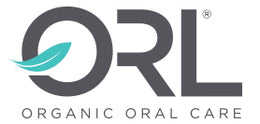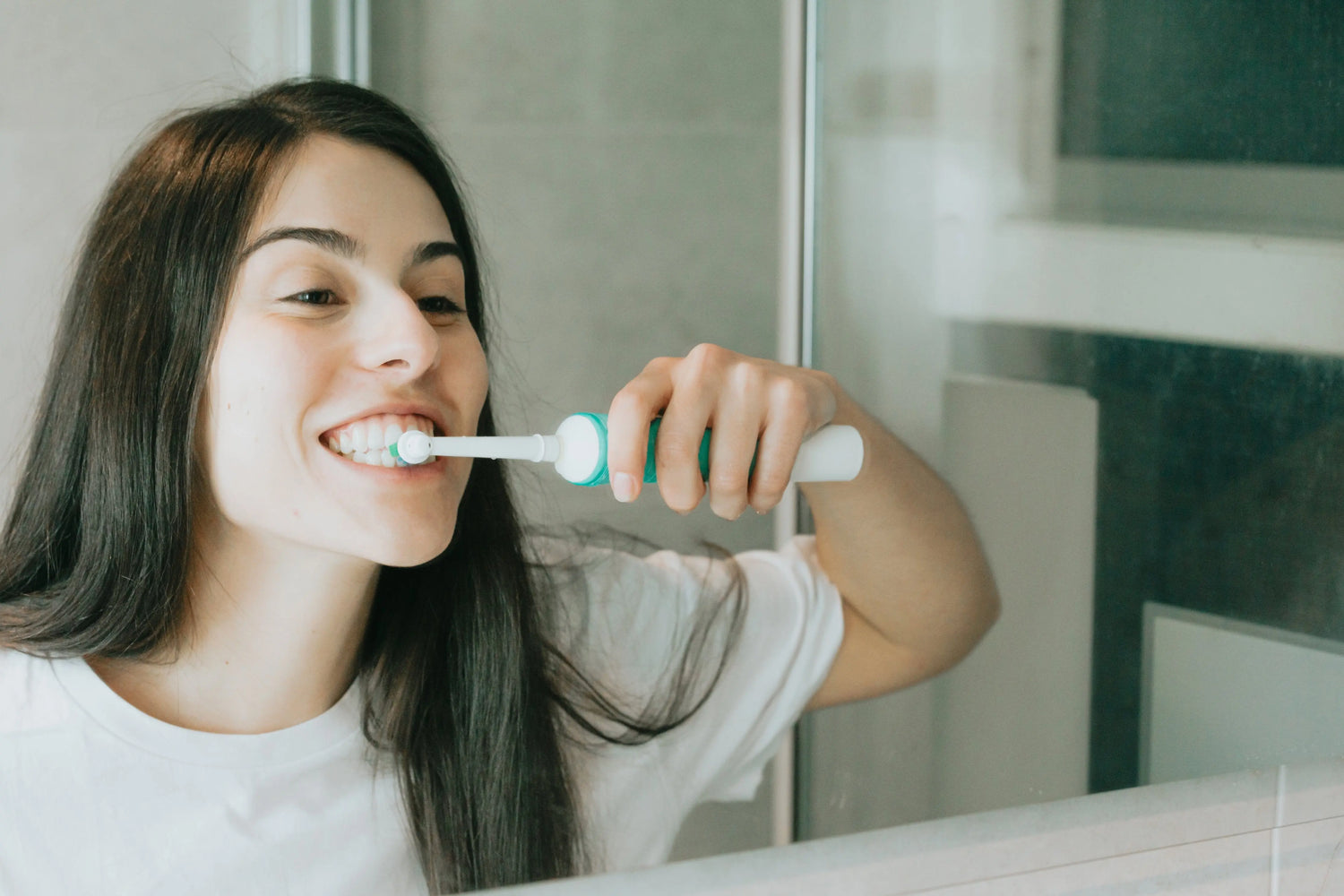One of the first things people notice when they try ORL natural toothpaste is the lack of foam.
“Why isn’t my toothpaste foaming?”
“How do I know my toothpaste is working if it doesn’t foam?”
“Doesn’t toothpaste need to foam?”
Sound familiar? Relax. It’s working exactly like it’s supposed to. Give us a few minutes to explain why and you’ll be as excited as we are to be foam-free.
What Makes Toothpaste Foam
We’ve been conditioned to believe that cleaning products don’t clean unless they produce foam—the more lather, the better. When it comes to personal hygiene products ranging from bubble bath to shampoo and toothpaste, one of the most common ingredients leveraged to produce that foam is sodium lauryl sulfate (SLS).
What’s Sodium Lauryl Sulfate (SLS)?
SLS is a surface-active agent, otherwise known as a surfactant. Surfactants lower the surface tension between two liquids, between a gas and a liquid, or between a liquid and a solid. With that in mind, they can work as dispersants, wetting agents, detergents, emulsifiers, and foaming agents.
Is SLS Safe?
Most sources trying to prove the safety of SLS point to a 1983 study which states, “Both Sodium and Ammonium Lauryl Sulfate appear to be safe in formulations designed for discontinuous, brief use followed by thorough rinsing from the surface of the skin.”
What proponents fail to cite is the opening paragraph, which clearly says, “Sodium Lauryl Sulfate had a degenerative effect on the cell membranes because of its protein denaturing properties. Low levels of skin penetration may occur at high use concentration.”
The same document goes on to explain that skin irritation occurred in concentrations as low as 0.1% and then makes the recommendation that “products intended for prolonged contact with skin, concentrations should not exceed 1%.”
Additionally, PubChem notes that SLS causes skin irritation, serious eye irritation and damage, and is harmful if swallowed.
Lastly, there’s some concern about cancer. While SLS and similar forms are not believed to be carcinogens, 1,4-dioxane, which is “a likely human carcinogen” that “does not readily biodegrade in the environment” per the EPA, is sometimes created as a by-product of production. Several states are passing legislation to reduce or eliminate 1,4-dioxane, but as Chemical & Engineering News explains, it’s going to require dramatic changes to the production process or reformulation of products.
Is SLS Harmful?
The University of Queensland Faculty of Medicine says it best:
“For something to be harmful, irritant or allergenic, it has to fulfil two criteria.
It has to have been found in studies to irritate human skin, and it has to have the ability to penetrate the skin. SLS ticks both of these boxes.”
Is SLS Natural?
Some SLS can be considered “natural,” particularly when it’s created from plant sources like coconut oil. However, it’s also made from petroleum and sometimes palm oil too, which is quite concerning for environmentalists.
What Are the Oral Health Side-Effects of SLS?
- Skin irritation (University of Queensland)
- Canker sores (UC San Diego Health)
- Taste disruptions (Live Science)
- Dry mouth (Oral Health Group)
- Mucosal irritation/ irritation of tissue inside the mouth (Oral Health Group)
Because dry mouth decreases oral pH and impacts the remineralization process, those experiencing SLS-induced xerostomia may suffer from increased cavities and bad breath too.
Why Toothpaste Doesn’t Need to Foam to Work
Companies that continue to use SLS despite these issues say it helps their ingredients disperse during brushing and makes it easier to remove food particles. You know what else does that? Your toothbrush!
At ORL, we include natural ingredients like organic xylitol to keep bacteria at bay and coconut oil to clean as well as reduce plaque adhesion and accumulation to give you an extra edge too. Of course, we also don’t include SLS and countless other ingredients your smile doesn’t need.
Find Out What’s Really in Your Toothpaste
Are harmful ingredients like SLS lurking in your toothpaste or mouthwash? Use the ORL Compare Tool to find out now.



